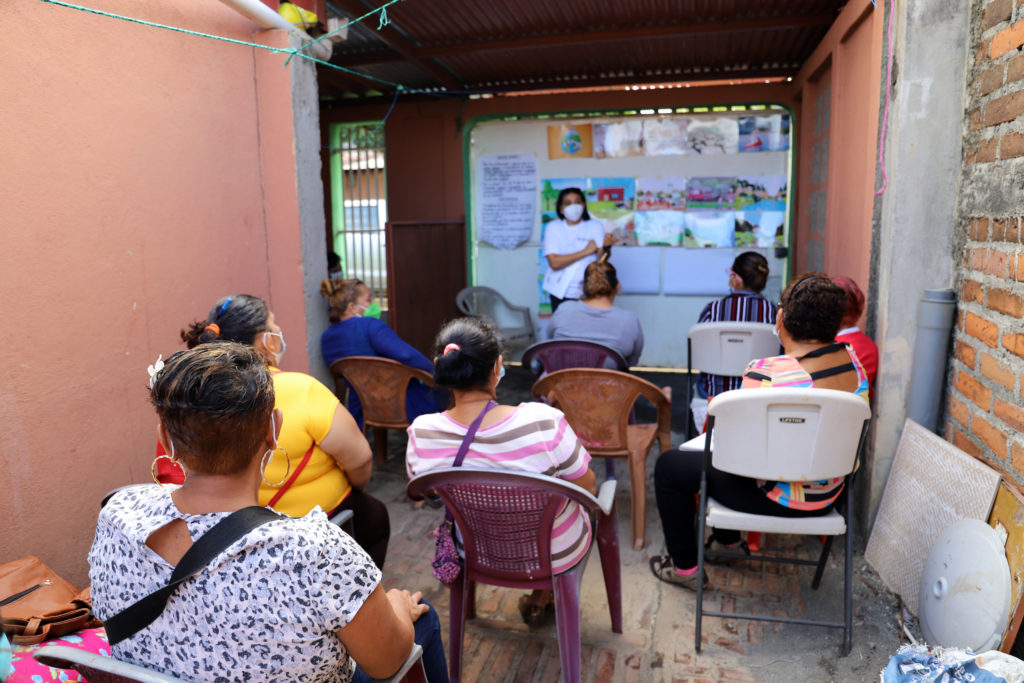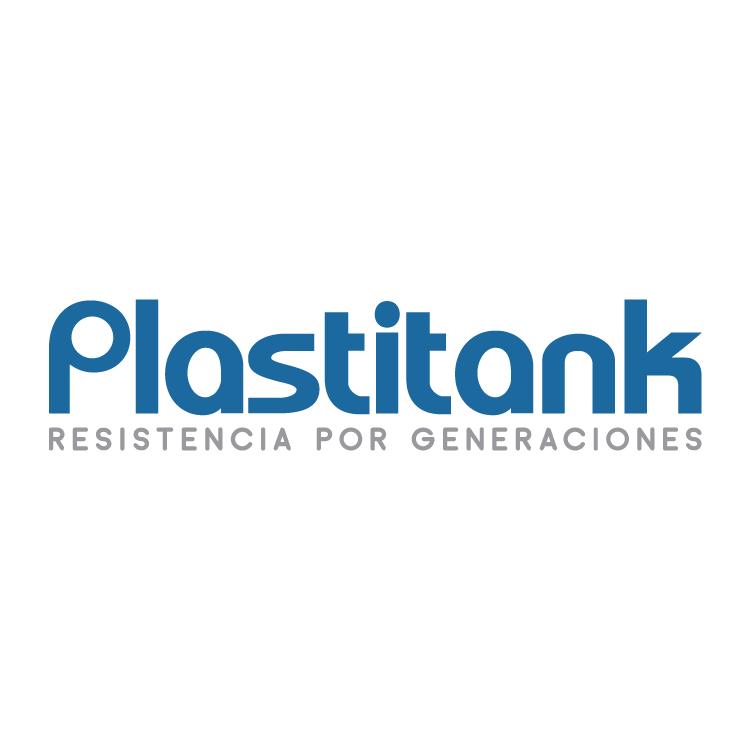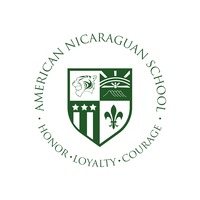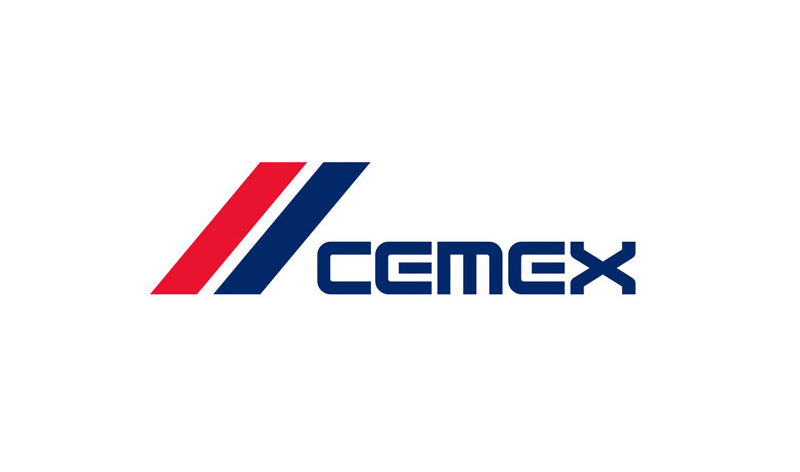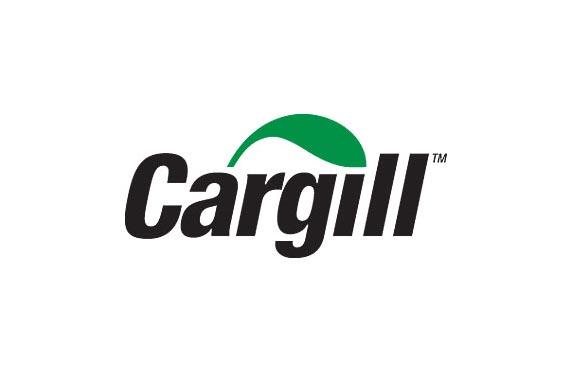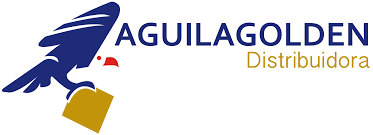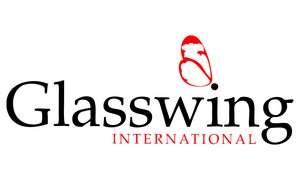Women with disabilities, chronic illnesses, and living with HIV joined forces with Habitat for Humanity Nicaragua to receive training and improve their living conditions
Being a single mother and head of a household is already difficult. If we add to this having a disability, chronic illness, or being a person with HIV, it becomes even more complex, especially if it comes to finding a well-paid formal job, which is why many women choose to start small businesses at home.
This is the case of Brenda, a 28-year-old woman who lives in a community in Masaya and was diagnosed with HIV. Faced with the impossibility of a permanent job with which to raise her three daughters, she decided to set up a sale of enchiladas and fried plantain in her house; an improvised cook made with three pieces of quarry stone on the dirt floor was the stage where she started her business.
After learning about this type of reality first-hand, Habitat for Humanity Nicaragua decided to execute the Economic Recovery of Vulnerable Groups (OVG) project in partnership with the Federation of Women with Disabilities (Femucadi) and the International Community of Women Living with HIV/AIDS (ICW in Nicaragua).
“We chose these groups in the first place because they are women, and in the second place because a woman with a disability is discriminated against, they have fewer job opportunities, less economic conditions and we thought that this support would help them significantly improve their living conditions,” explains, Nancy Aróstegui Sánchez, Program Manager of Habitat for Humanity Nicaragua.
Three components
The project executed between November 2021 and May 2022, consisted of three components: Deliveries of hygiene kits and protection against COVID, capacity building and infrastructure improvements in business spaces, and managing to serve 769 people directly and indirectly.
These people were trained on issues of climate change, safe housing, and financial education; they were provided with kits, water filters, and barrels so that they could store safe water. Finally, 40 women from Ciudad Sandino, Managua, Mateare, Xiloá, Masaya, Tipitapa, and Juigalpa were selected and a nine-square-meter module was built for them to develop their businesses in more suitable places.
Brenda was one of them, and although she got a job as a waitress, for the time being, she is already saving to set up her fritanga business again on weekends. This time in a suitable space, indoors and with a concrete floor.
In Ciudad Sandino, Managua, Yacenia, 35, already has her small sewing workshop in a safe space. “Before, the machines I have were left in the living room, and the little nephews would start playing and they would damage them. Now I leave everything locked up, I don’t have unnecessary expenses and I even managed to buy another machine that is special for making their seams. I feel very happy and grateful for this project”, Yacenia, who also lives with HIV, told us.
Business Support
For the execution of the Habitat for Humanity Nicaragua project, it had the support of business allies such as Plycem and El Halcón Hardware Stores, who contributed with discounts on the purchase of materials to make this project possible.
People Served
769 people served directly and indirectly
161 people received kits
150 people were trained on various topics
40 women improved the infrastructure of their businesses



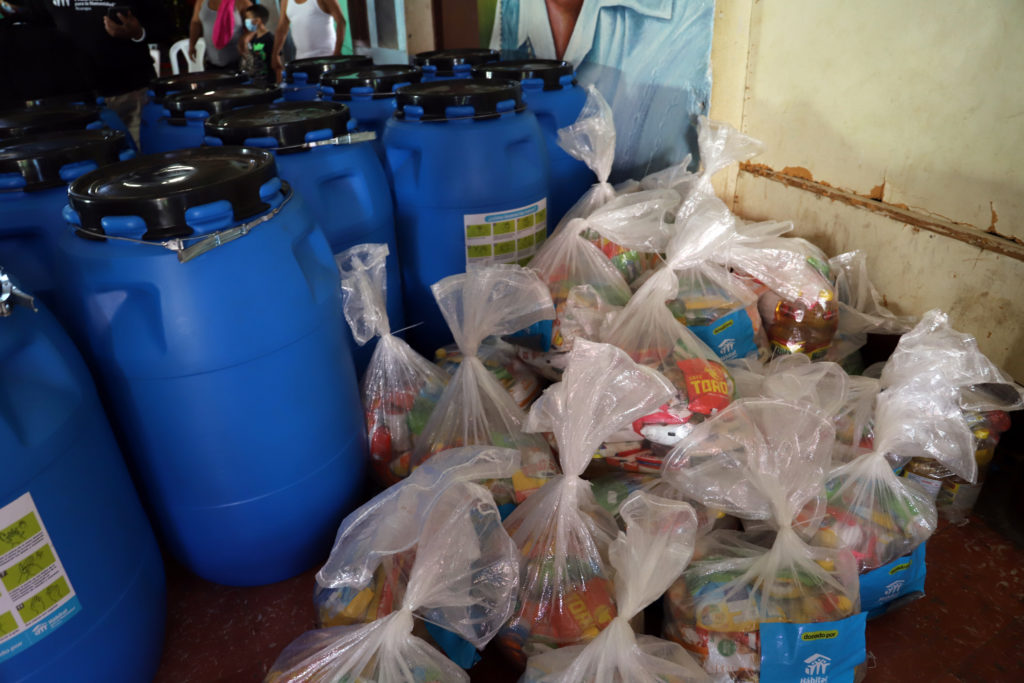 .
. 